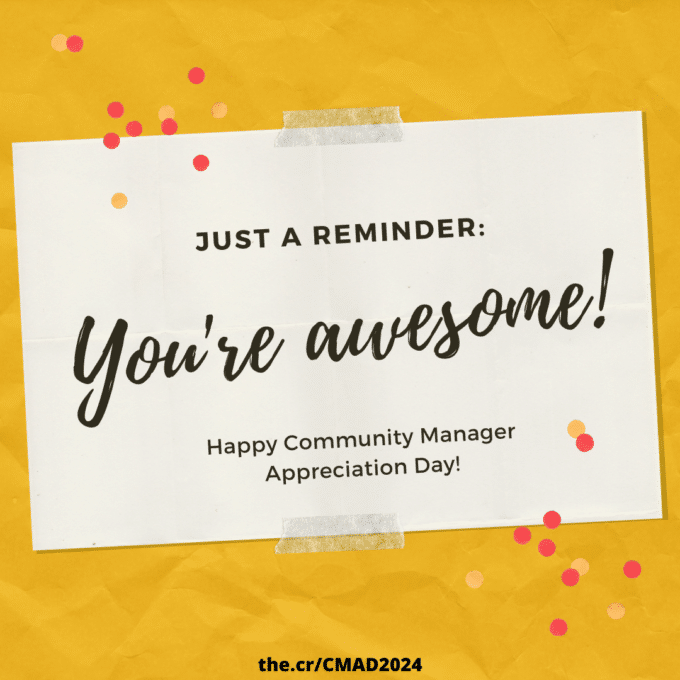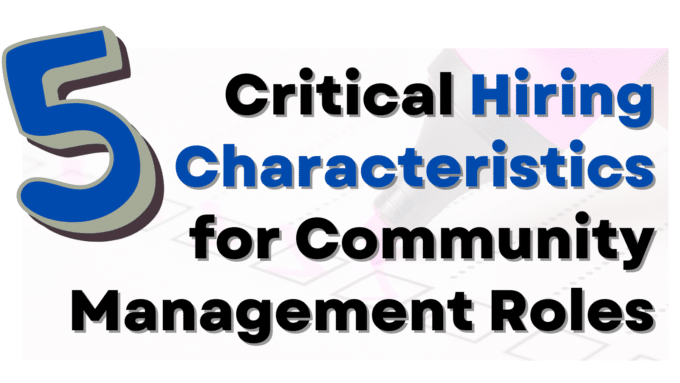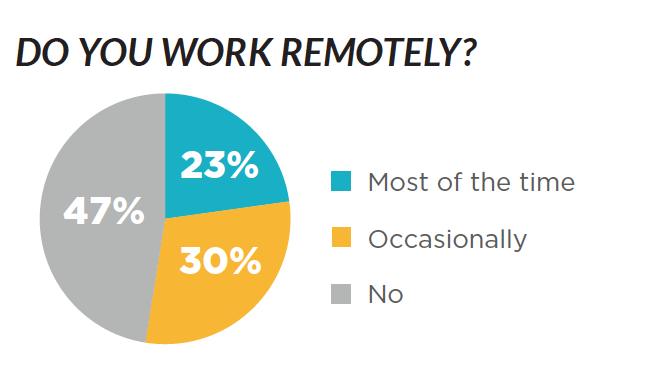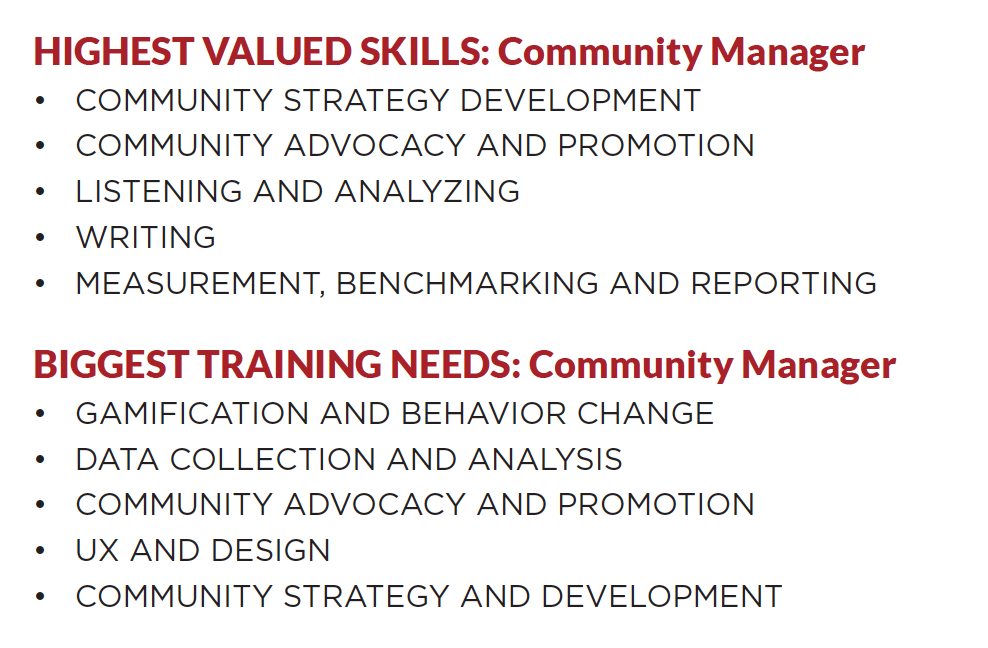We logged into LinkedIn today, to post our planned Community Manager Appreciation Day 2024 posts, and immediately were sidetracked with more news of amazing community professionals being laid off.
It’s heartbreaking to see so many talented community managers without a community. If you’re reading this there is a really good chance you already know that a community without professional community management is not going to thrive.
In addition to our annual spotlight on amazing community professionals we know, we also want to use today’s Community Manager Appreciation Day celebration to highlight why community managers are so crucial to the success of a online community.

Three Reasons Community Managers are (Still) Crucial to Online Communities
Community Managers Cultivating a Positive and Productive Environment
Community managers play a foundational role in establishing and upholding a positive and productive environment in all kinds of online communities. In both brand/marketing communities and employee (intranet) communities this involves setting clear guidelines, fostering respectful interactions, and mitigating disruptive behavior.
By maintaining a healthy atmosphere, community managers encourage constructive contributions, knowledge sharing, and positive engagement – key ingredients for a thriving online community. You wouldn’t purchase accounting software, and then expect it to take care of itself. When organizations assume their online community can “just run itself” or delegate pieces to different department without the training, skills, or time to manage it they are setting themselves up for failure.
Community Managers Bridge the Gap Between Members and Organizations
Again, this is true for the bridge between employees and their organizations (internal/intranet communities) and brands and their fans/users/followers. Community managers are the crucial link between two very different parties, facilitating two-way communication, collecting member feedback, and translating it into actionable insights for the organization.
This bridge fosters trust and loyalty among members, allowing them to feel heard and valued. Additionally, it provides organizations with valuable data to improve their products, services, and overall strategy. Successful communities empower their members and that work falls to community managers.
Community Managers Create a Sense of Belonging and Shared Identity
Just like every company has a unique tone for their brand, each online community also has a personality. Without active and thoughtful community management is a voiceless void. By fostering a sense of community, community managers help members feel like they are part of something bigger than themselves. This motivates them to contribute, stay engaged, and even act as brand advocates, further strengthening the online community.
These are just three very high-level reasons that community managers are crucial to online communities. Every year, our State of Community Management research reconfirms the fact that communities with strategic community management have an outsized impact on their organization.
You can view our annual Community Manager Appreciation Day post here.




